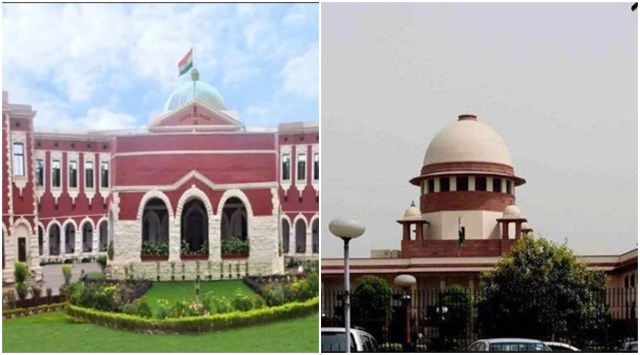How the HC and SC differed on maintainability of PILs
The Jharkhand High Court (HC) and the SC differed on various points which led to the PILs–seeking investigation into the owning of mining lease and shell companies–being held as ‘non-maintainable’-- essentially restraining the HC from hearing the PILs on merits.
 The HC said that although the lease was surrendered, the malafide point or the issue of biased approach by the petitioner Sharma ‘would not be acceptable at all’.
The HC said that although the lease was surrendered, the malafide point or the issue of biased approach by the petitioner Sharma ‘would not be acceptable at all’. Stating that entertaining the PILs on ‘half baked truths’ and taking cognizance based on ‘general submissions is nothing but abuse of process of law’, Supreme Court (SC) of India Monday came down heavily on the Jharkhand High Court while allowing the appeal of CM Hemant Soren on the maintainability of two PILs filed against him.
The Jharkhand High Court (HC) and the SC differed on various points which led to the PILs–seeking investigation into the owning of mining lease and shell companies–being held as ‘non-maintainable’– essentially restraining the HC from hearing the PILs on merits.
Consider of the key points where both the courts differed on maintainability of the two PILs:
On a writ petition filed in 2013, on similar lines of shell companies PIL:
The HC had said that since the current petition involved the issue of syphoning of huge public money, having the public interest at large, therefore, it ‘deem it fit and proper not to throw the writ petition on that ground (similar petition)’. However, the SC said that the petitioner Shiv Shankar Sharma did not come before the court with ‘clean hands’ as he did not disclose the dismissal of a similar PIL by Jharkhand HC in 2013, even though the lawyer was the same person, and the dismissal was also upheld by the apex court. The SC said such a petition was ‘liable to be dismissed at the very threshold itself’
On facing the PIL on mining lease despite the surrender:
The HC said that although the lease was surrendered, the malafide point or the issue of biased approach by the petitioner Sharma ‘would not be acceptable at all’. The HC said: ‘The allegation cannot be said to be a farce. What ultimately would be the fate of the writ petition lies in the womb of morrow but how such a petition could be thrown away at the threshold?’. However, the SC emphasised that the matter was already with the EC, and if any anomaly was committed, the CM has to suffer a disqualification from his office. The SC then said:“(this PIL is) totally an abuse of the process of this Court.”
On asking the court to order ED, CBI probe into the shell companies without exhausting statutory remedies:
The HC noted that since the power to handover the investigation to the CBI is not with a magistrate, the fact that the issue of approaching this Court without exhausting the remedies available as per the CrPC was not applicable and ‘is not worth to be considered’. So, it rejected the idea. However, the SC said that the petition has ‘wild and sweeping allegation’ and that there was nothing placed in front of the court, which in any way may be called ‘to be prima facie evidence.’ The SC said that the petitioner should approach the investigative agencies directly for the further course of action. The SC noted: “…that although an apprehension was raised that it is possible that the efforts of the petitioner to uncover alleged corruption may be obstructed by entrenched interests, yet statutory remedies available to the petitioner must be first exhausted (which was not the case)…This principle cannot be ignored merely because this Court is dealing with a Public Interest Litigation.”







